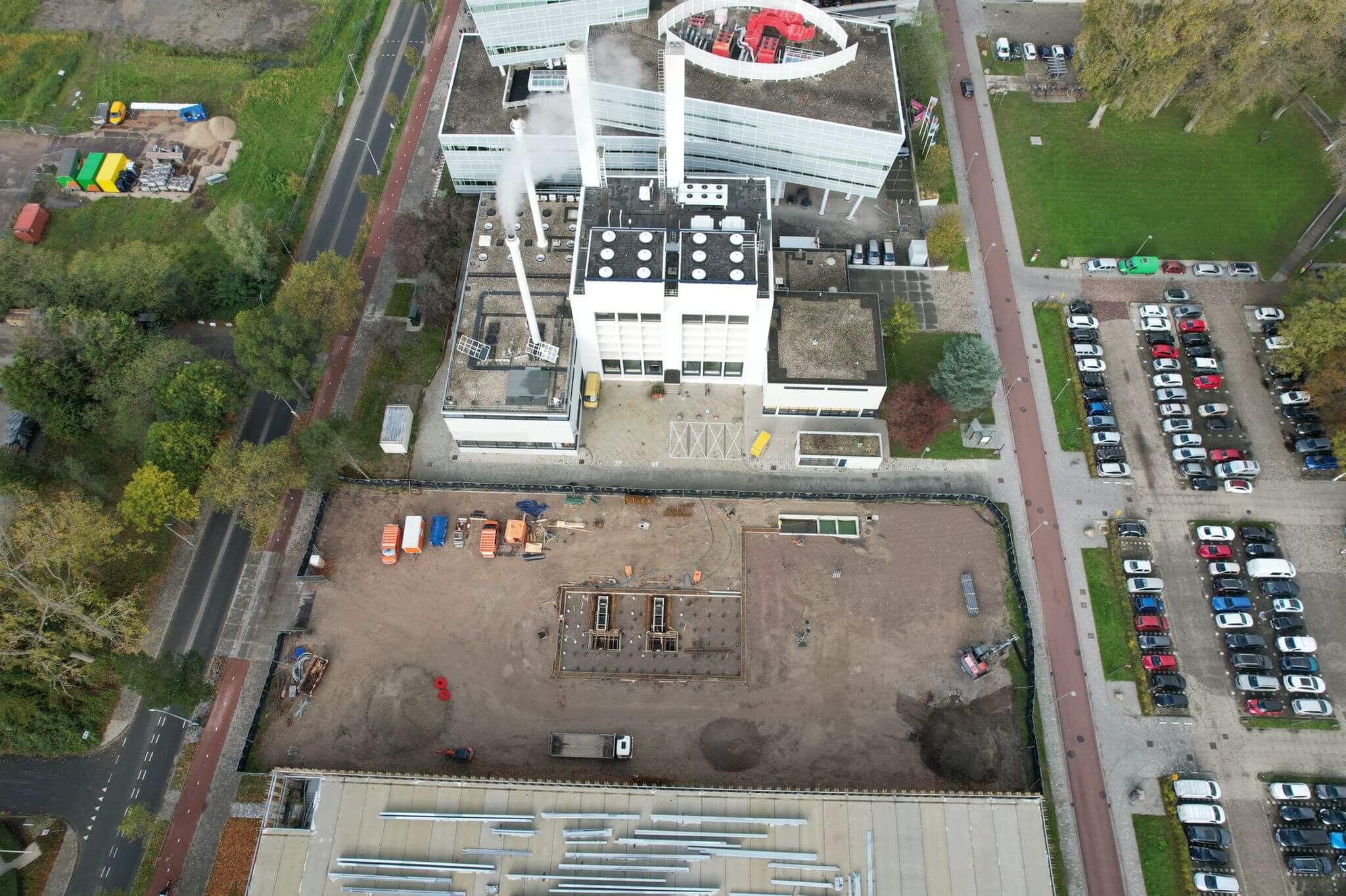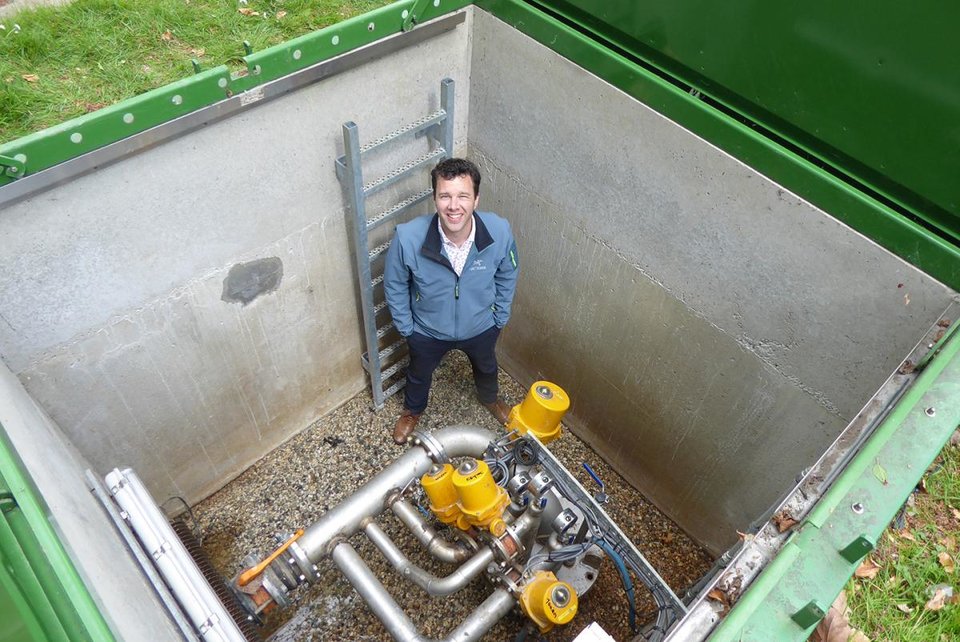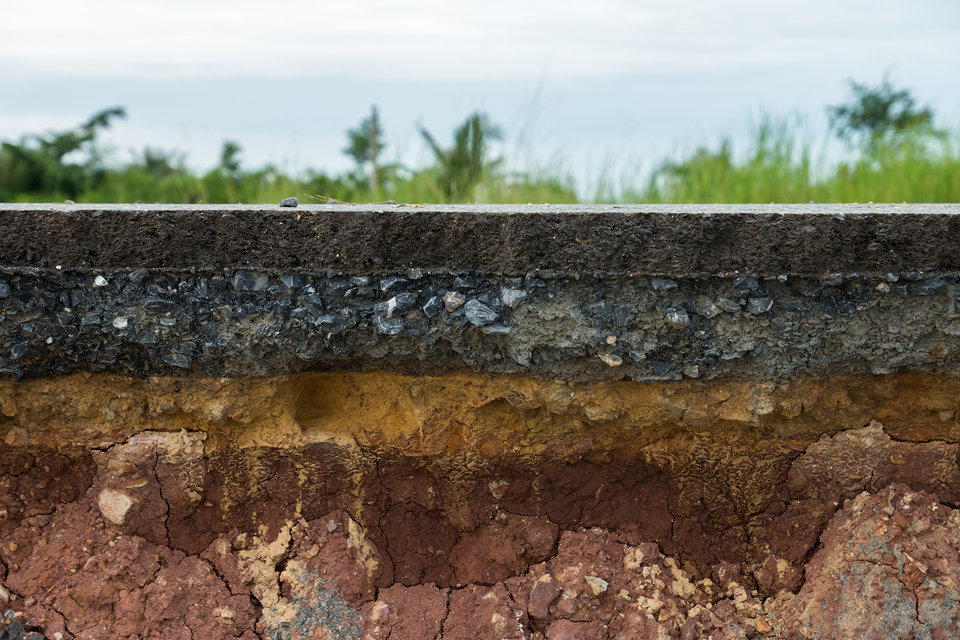Delft Subsurface Urban Energy Lab strengthened with geothermal source on campus
What was born almost 20 years ago as an enthusiastic plan by some Applied Earth Sciences students is now becoming reality: the construction of the wells will start this summer, and in a few years' time TU Delft's campus will be heated by a geothermal source. Earlier this week, the consortium behind Geothermie Delft decided to make the necessary follow-on investment to realise the planned geothermal wells and start the research programme.
This is a significant step forward in TU Delft's sustainability ambitions. With the geothermal source also serving as a research facility, TU Delft will become one of the largest international hotspots for research into geothermal energy in the urban environment.
Delft subsurface urban energy lab
To heat and cool buildings, we use about 50% of final energy demand in Europe. To make the step towards a CO2-neutral society, it is therefore necessary to use more sustainable sources to heat buildings, such as geothermal energy.
'With the construction of the geothermal source on campus as an addition to the Delft Subsurface Urban Energy Lab, several research projects are coming together that will provide the necessary knowledge needed to scale up geothermal technology in the urban environment,' highlights Phil Vardon, professor of Energy Geomechanics and leader of geothermal research at TU Delft.
More efficient geothermal energy
A large part of the monitoring infrastructure of the Delft subsurface urban energy lab is part of the European Plate Observing System, EPOS-NL. This research programme focuses on investigating physical processes occurring in the subsurface from the micro-scale to the kilometre scale, with a substantial investment in research infrastructure. Recently the programme was further expanded with the new project EPOS-eNLarge, enabling additional monitoring infrastructure to be built on campus over the next few years in order to conduct more research into subsurface processes. One of the unique research methods will be electromagnetic geophysical monitoring of the flow of hot and cold fluids in the subsurface. This can be used to investigate how geothermal water moves in the subsurface. With this knowledge, geothermal energy can be extracted from the subsurface more efficiently and it is possible to design the most efficient heat storage.
Storing heat underground
In conjunction with the geothermal source, research into underground heat storage is being conducted on campus in the project PUSH-IT. By storing surplus heat in underground water reservoirs in summer (ATES: Aquifer Thermal Energy Storage), this heat can be used again in winter. This significantly increases the efficiency of a geothermal source. The research at both the geothermal source and the associated high-temperature ATES is immediately put in practice: the facilities are used to heat buildings on TU Delft campus. In time, this could be extended to certain residential areas of Delft municipality.
Phil Vardon emphasises the importance of the several facilities. 'With the research data from all the facilities of the Delft Subsurface Urban Energy Lab, we will gain better insight into more efficient use of geothermal energy, which could ultimately boost the number of geothermal projects in the Netherlands. Geothermal technology is something that we as a country need to take significantly more advantage of. This is how we ensure that we can fulfill the promises made to achieve the energy transition.'




![[Translate to English:] [Translate to English:]](https://filelist.tudelft.nl/CiTG/Onderzoek/Stories%20of%20Science/Geoscience%20%26%20Engineering/Een%20aardwarmtebron%20voor%20onderzoek%20op%20de%20campus/phil-on-mount-4.gif)